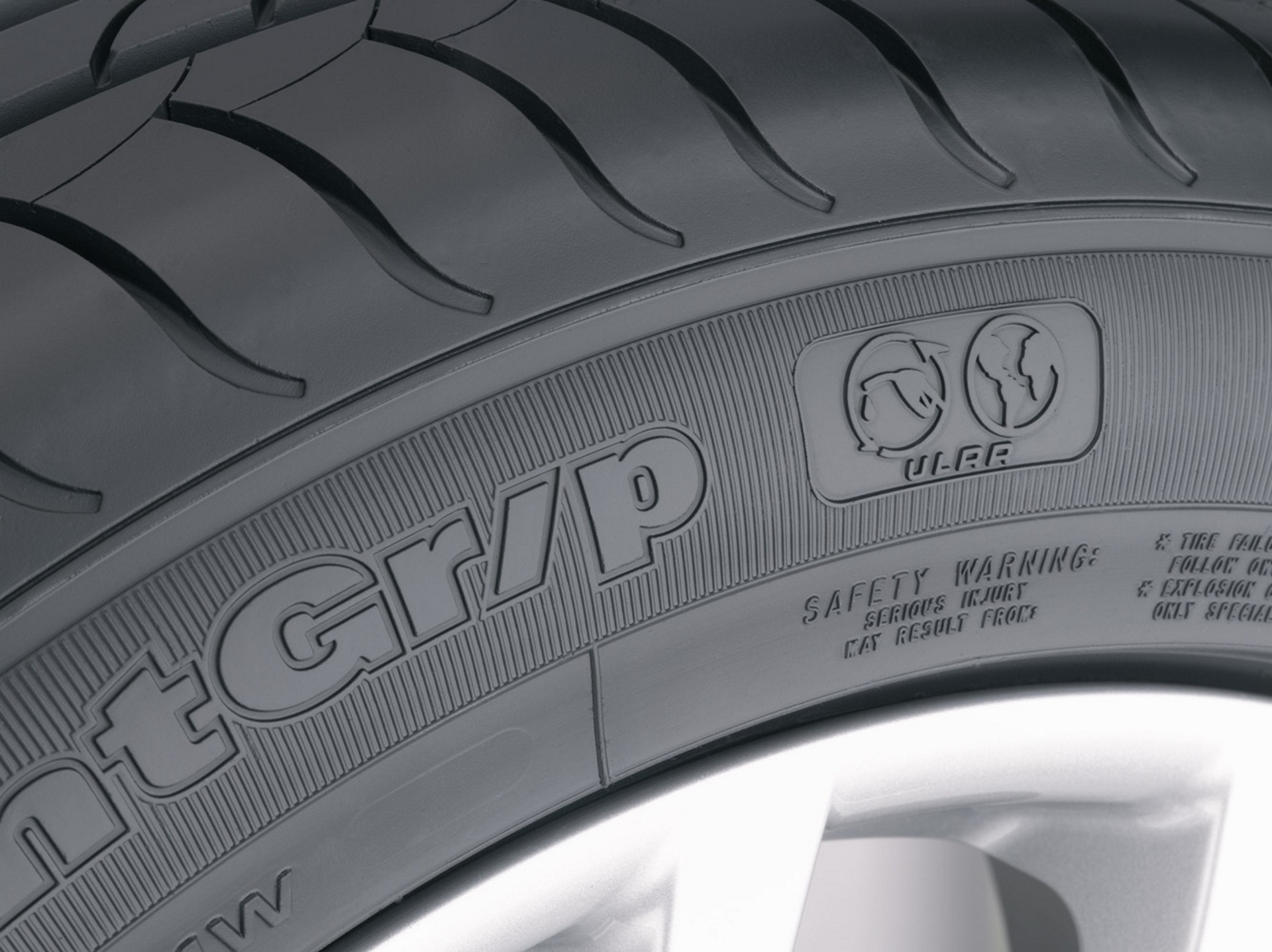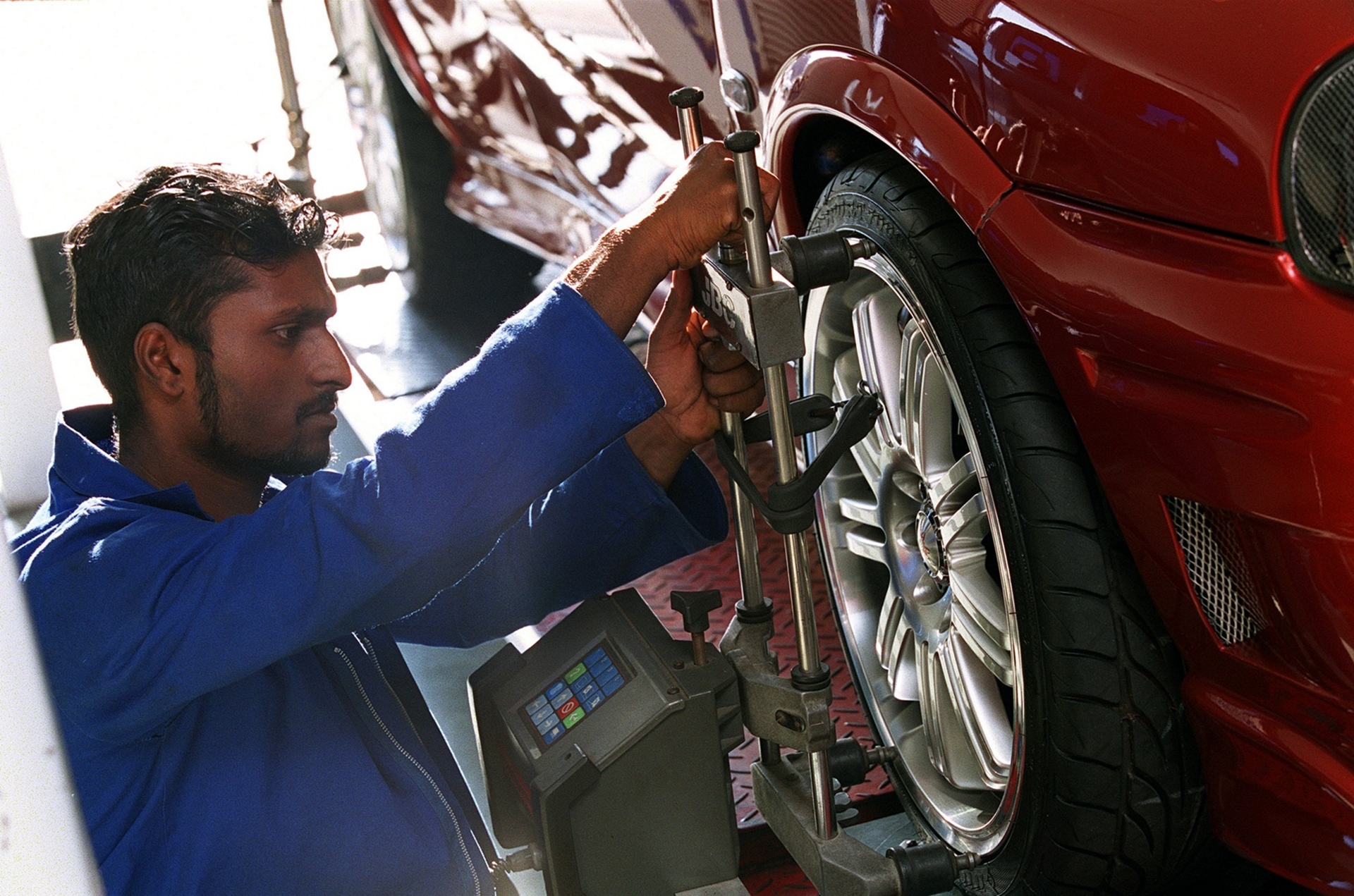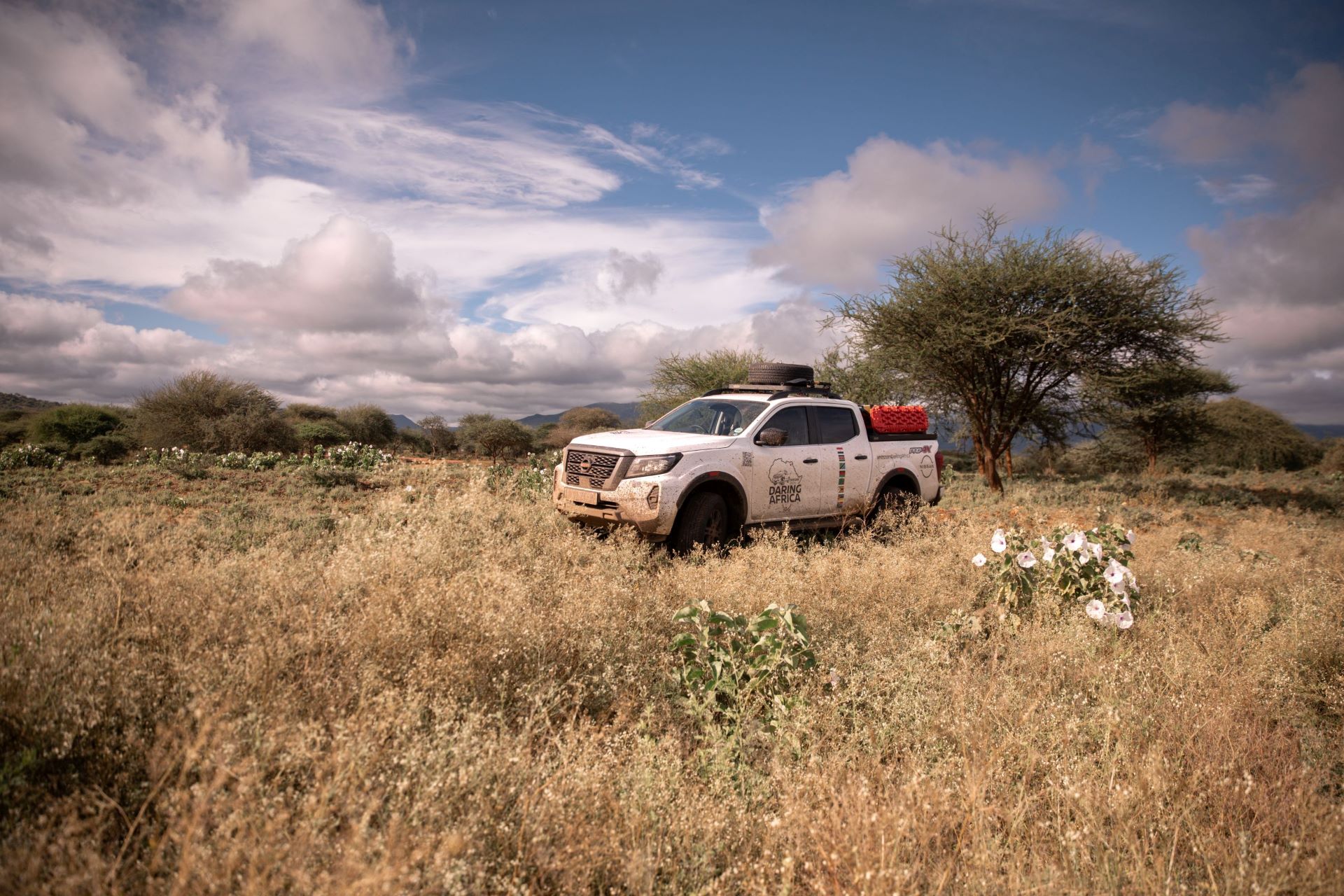RESEARCH SHOWS: Damaged tyres are one of the main factors that contribute to accidents in SA

According to research damaged and badly maintained tyres are the most common among widespread factors that contribute to accidents in South Africa. Tyres are undoubtedly the most critical safety component on a vehicle as it affects traction, handling, steering, stability and braking.[1]
According to the researchSouth Africadisplays trends similar to those of developing countries. This implies that an increase in the number of vehicles on the road has contributed to an increase in the number of road traffic fatalities.
Festive Season Travelling
As countless families across SA prepare to depart for their holiday destination, it is a worrying fact that many will do so without taking the time to check the health of their tyres.
“Drivers often forget that only correctly inflated tyres can do their job properly, delivering the right level of handling performance. Our comprehensive tyre tests show that under- and also over-inflation can have a significant impact on the car’s overall driving behaviour and its stopping distance. But it impacts not only the car’s safety, it also decreases the tyres’ potential mileage and the car’s fuel efficiency” says LizeHayward, Goodyear Group Brand Communications Manager.

“Drivers frequently make one of three classical mistakes: either they don’t check their tyre pressure before departure, or alternatively, they check the pressure when the tyre is warm, which results in incorrect readings, or they put it at a level that does not take into account the weight of the car – empty or fully loaded, it makes a difference,“ explains Hayward.
Proper inflation for better driving stability
Properly inflated tyres are necessary to keep the vehicle’s handling performance at optimal levels, especially its cornering and braking abilities. Many problems start with a gradual and unnoticed loss of inflation pressure. “When a tyre is under-inflated, the car’s weight is concentrated on the outside part of the tyre tread, increasing pressure on the tyre’s sidewalls (the tyres’ shoulders as we call them), rather than being spread out evenly across the width of the tyre. This means that as the tyre rolls, the sidewall heats up more than it should, and that affects both performance and safety.
Under-inflation means less evenly distributed pressure on the road. It also reduces the tread area that is in direct contact with the road. These effects reduce the tyres’ grip and especially in combination with a heavily loaded car, can have a significantly impact on the car’s driving behaviour. Stopping distances become longer and cornering abilities can become sloppier and less direct, which can lead to uncontrollable driving behaviour. Our tyres are highly performing products, equipped with sophisticated technologies. To make use of their abilities to the full extent, the right tyre pressure must be applied”, explainsHayward.
Don’t kick your tyres – check them properly
Tyres may loose up to 0.2 bar air pressure in a three-month time period, solely as a result of the everyday diffusion processes in the tyre. “Too many drivers make the mistake of thinking that a kick to their tyres or a visual check will tell them if their tyre pressure is correct. A visual inspection cannot detect a 0.2 bar decrease in pressure. Studies carried out by the European Union have shown that more than 64% of all cars have under-inflated tyres. Most drivers simply don’t check their tyre pressure often enough, which can have a significant effect on vehicle safety.”
A good condition matters
Apart from checking for under- or over-inflation, drivers should also make sure they don’t set off on tyres that are in bad conditions. “Check your tyres’ tread wear before you depart. Is it still of sufficient depth? This is particular important for the car’s performance on wet roads. Is the tread worn evenly? Also check the tyre’s sidewalls for any damages”, addsHayward.
Heavy load
Going on holiday usually means the entire family and a whole lot of luggage is piled into the car. Not only does a heavy load make the car more difficult to manoeuvre. A heavy load or towing a caravan or trailer puts extra strain on the vehicle and tyres. If the vehicle is fully loaded with passengers and luggage, the tyre pressure must be increased according to the car’s manual.
Don’t underestimate the heat
Summer heat increases air pressure in tyres. The tyre pressure should be checked when the tyres are ‘cold’, as pressure in the tyre increases at higher temperatures. Remember to check the spare tyre too.
Under-inflated tyres also cost money
Under-inflated and over-inflated tyres don’t use the full tread area equally. Under-inflation leads to increased tread wear of the outside area of the tyre’s tread while over-inflation increases the tread wear of the inside area. Both have an effect on the tyre’s mileage. The tyre’s tread wears out faster and in an uneven manner. Underinflated tyres also need more energy to roll smoothly. The vehicle’s fuel efficiency decreases and motorists get less kilometers for every liter of fuel.
“Drivers should take care of their tyres as they should take care of all other important safety related items in the car.Tyrepressure should be checked regularly – at least once a month – but especially before starting a long distance trip with a fully loaded car at high summer temperatures,” advises Goodyear’s Lize Hayward.
What to do if you hit a pothole?
According to various tyre fitment centres vehicle and tyre damage, due to potholes and deteriorating road conditions, increased dramatically. Some centres estimate that the number of tyres they replace due to road damage, has doubled compared to a few years ago.
Pothole damage is usually confined to tyres, rims, steering and suspension. If you hit a pothole and afterwards you notice a vibration, the steering wheel doesn’t centre properly or it pulls to one side, get the car checked immediately, as faults such as tracking or steering damage can lead to later expense or even an accident. Also check your tyres as damage may not be immediately obvious. Watch for the development of bulges on the tyre sidewalls, indicating serious internal damage. In this case, change the tyre immediately.
Be on your guard for potholes, but don’t suddenly swerve to avoid them – it could be very dangerous, potentially causing you to loose control.
Free Vehicle Safety Checks Countrywide
According to Goodyear, motorists should have their vehicles and tyres inspected at professional tyre and service outlets.
Hi-Q, which has an extensive national footprint in both big cities and small towns, offers a free 10-point safety check on vehicles. This entails checking all four tyres plus the spare for tread depth and pressure, the front and rear shock absorbers, the brake pads, discs and fluid, as well as the battery, exhaust and wiper blades. Should any of the vehicle checks highlight a warning or faulty part, the technician will recommend the correct course of action.
“Remember speed kills, but unsafe tyres kill too,” saidHayward.
[1] Department of Civil Engineering & Surveying,DurbanUniversity of Technology


